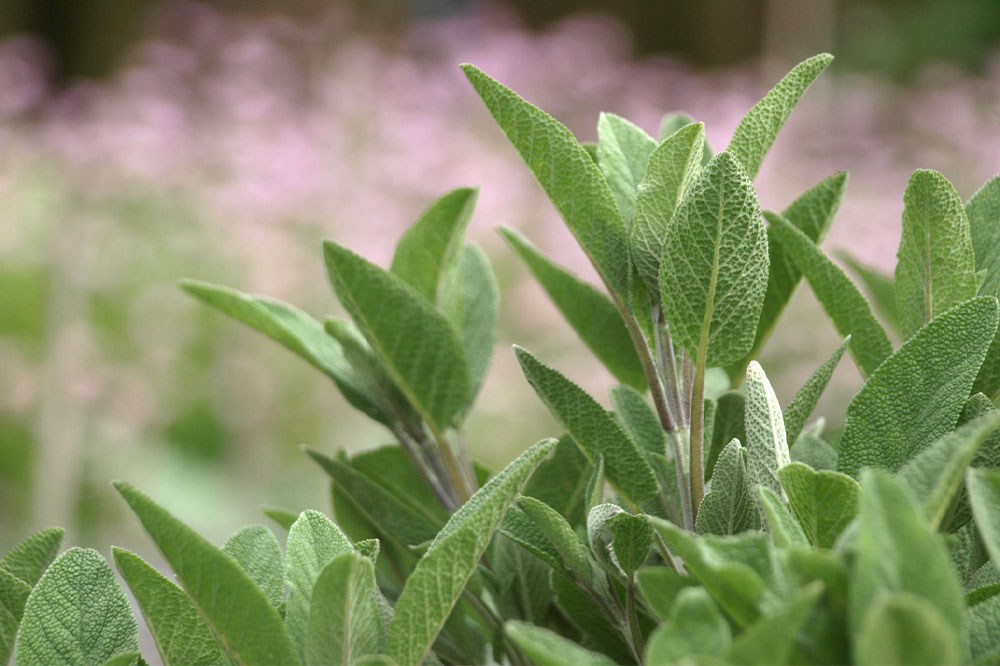Natural Solutions: The Top Aromatic Plants to Repel Ticks Effectively
Discover the top aromatic plants that naturally repel ticks and safeguard your garden and pets. This comprehensive guide covers herbs like sage, lemongrass, lavender, garlic, and rosemary, highlighting their pest-repellent properties and easy growth tips. Learn about additional pet treatments to enhance protection against ticks and fleas. Whether for outdoor or indoor use, these plants offer a natural and eco-friendly way to create a pest-free environment while adding aesthetic appeal. Perfect for pet owners, gardeners, and outdoor enthusiasts seeking sustainable pest control solutions.

Natural Solutions: The Top Aromatic Plants to Repel Ticks Effectively
Managing pests like fleas and ticks is a common concern for pet owners and outdoor enthusiasts alike. These unwelcome parasites not only cause discomfort but can also transmit serious diseases to pets and humans. Despite the use of chemical treatments, many pests eventually develop resistance or escape control measures, necessitating alternative, natural approaches. Fortunately, nature provides a variety of aromatic plants that act as natural repellents, safeguarding your garden, home, and loved ones from tick infestations.
Incorporating specific aromatic herbs and plants into your outdoor and indoor environments can serve as a sustainable and eco-friendly pest control strategy. This article explores five of the most effective fragrant plants known for their tick-repelling properties, offering both practical benefits and pleasing aesthetics to your living spaces.
Sage
Sage, a culinary herb renowned for its aromatic leaves, also possesses potent pest-repellent qualities. When planted in your garden or kept in pots indoors, sage emits a scent that discourages ticks and other blood-sucking insects. Its natural oils interfere with the parasites’ ability to detect hosts, reducing the risk of bites and infestations. Growing sage is easy and requires minimal care, making it a popular choice for anyone seeking a natural pest deterrent. Regularly harvesting and crushing sage leaves enhances its effectiveness, releasing aromatic oils that actively repel ticks.
Lemongrass
Lemongrass is a popular plant not only for its culinary and medicinal uses but also for its insect-repellent properties. Its distinctive lemon scent is highly effective in deterring ticks, mosquitoes, and other pests. Many gardeners prefer cultivating lemongrass because it is a hardy, low-maintenance plant that thrives in warm climates. Its long, slender leaves emit a citrus aroma that masks human and animal scents, discouraging parasites from lingering in the vicinity. Planted along garden borders or in containers near outdoor seating areas, lemongrass serves as a natural barrier against ticks for your outdoor relaxation spaces.
Lavender
Lavender is widely appreciated for its calming scent and vibrant purple flowers, making it a favorite among gardeners and homeowners. Beyond its soothing aroma, lavender is a proven natural insect repellant, effectively deterring ticks, mosquitoes, moths, and other pests. Its essential oils contain compounds that interfere with insect olfaction, making your garden or patio less inviting to blood-feeding parasites. Lavender can be grown in flower beds, containers, or indoor pots, providing both aesthetic appeal and pest protection. Regular brushing of lavender leaves releases oils that enhance its pest-repellent properties, creating a fragrant barrier against ticks.
Garlic
Garlic, a staple in kitchens worldwide, also offers significant pest-repellent benefits. The strong, pungent aroma emitted by garlic plants makes the environment unattractive to ticks and other pests. Incorporating garlic into your garden beds or planting in pots indoors can help create a natural deterrent zone around your home. The bioactive compounds in garlic, such as allicin, are responsible for its pest-repelling effects. Additionally, crushed garlic leaves or garlic spray can be used as a natural homemade repellent, applied to outdoor furniture, pet bedding, or around garden perimeters for added protection.
Rosemary
Rosemary is a versatile culinary herb known for its aromatic leaves and numerous health benefits. Interestingly, it also acts as a natural pest repellent. Its volatile oils, including cineole and alpha-pinene, emit strong fragrances that repel pests like ticks, fleas, and mosquitoes. Growing rosemary plants near entrances, patios, or in vegetable gardens can serve as an effective barrier against parasites. The fragrant oils can be released by simply brushing the leaves or through infusions. For enhanced protection, rosemary essential oil can be diluted and used as a natural spray, making outdoor activities safer and more enjoyable.
While planting aromatic herbs and plants provides a natural means of pest control, severe tick infestations may require additional measures. Pet owners should seek appropriate medical treatments to ensure their pets’ safety and health. Several effective medications and topical treatments are available:
Simparica Trio: A monthly chewable medication that offers extended protection against fleas, ticks, and heartworms, providing convenience and safety for pets.
FRONTLINE Plus: A topical treatment that provides around 30 days of protection from fleas and ticks with each application, ensuring continuous defense.
NexGard: A tasty, beef-flavored chew that lasts for a month and effectively targets fleas and ticks, making medication administration easier.
Trifexis: An oral medication combining flea, tick, and heartworm prevention, suitable for pets needing comprehensive parasite control.
K9 Advantix II: A topical solution that prevents infestations and repels ticks and fleas when applied correctly to your pet's coat.
Advantage II: Suitable for small dogs weighing 3-10 pounds, beginning to work within 12 hours of application and offering reliable protection.
By integrating natural aromatic plants into your environment alongside proper pet health care, you can create a safer, pest-free zone for your loved ones. Combining botanical repellents with medical treatments and good hygiene practices offers a comprehensive approach to managing tick and flea problems effectively.





